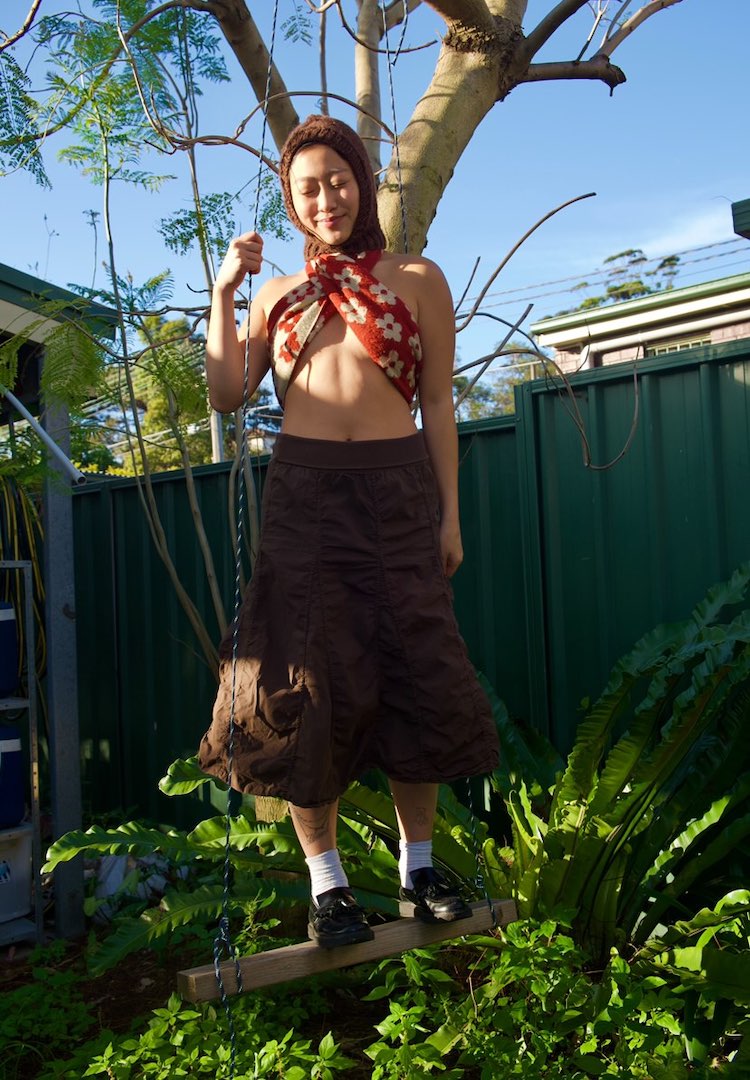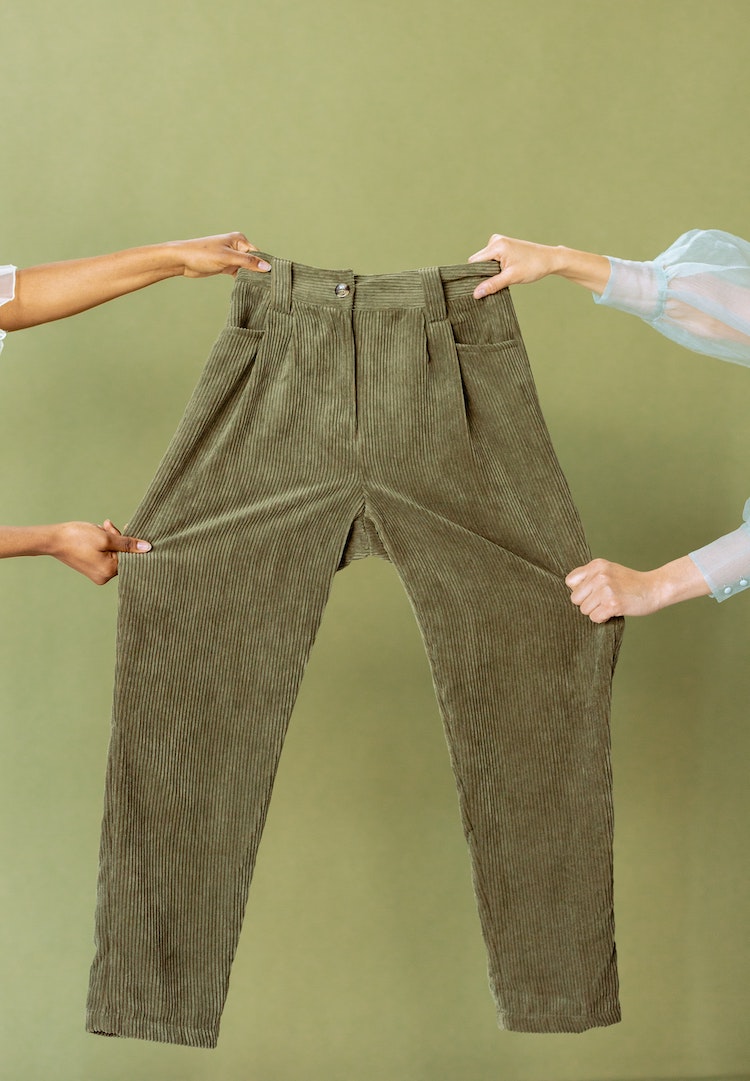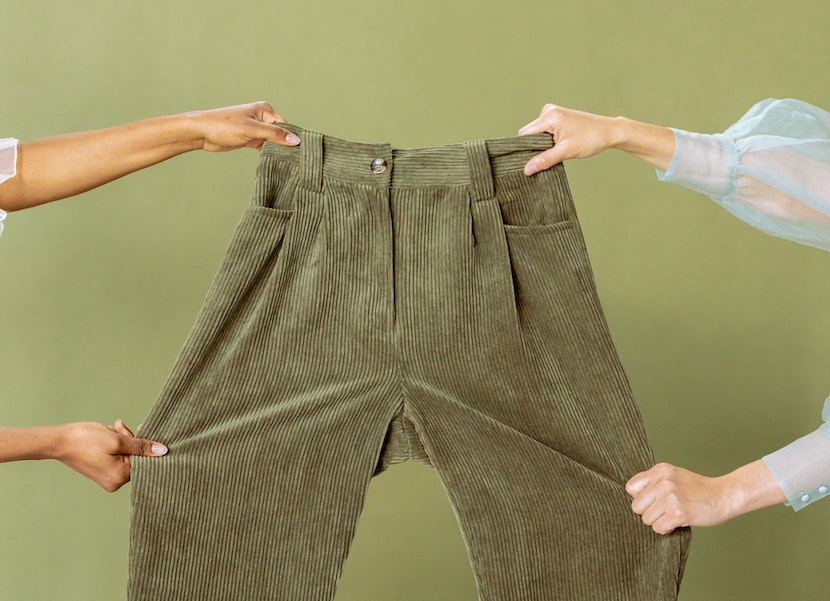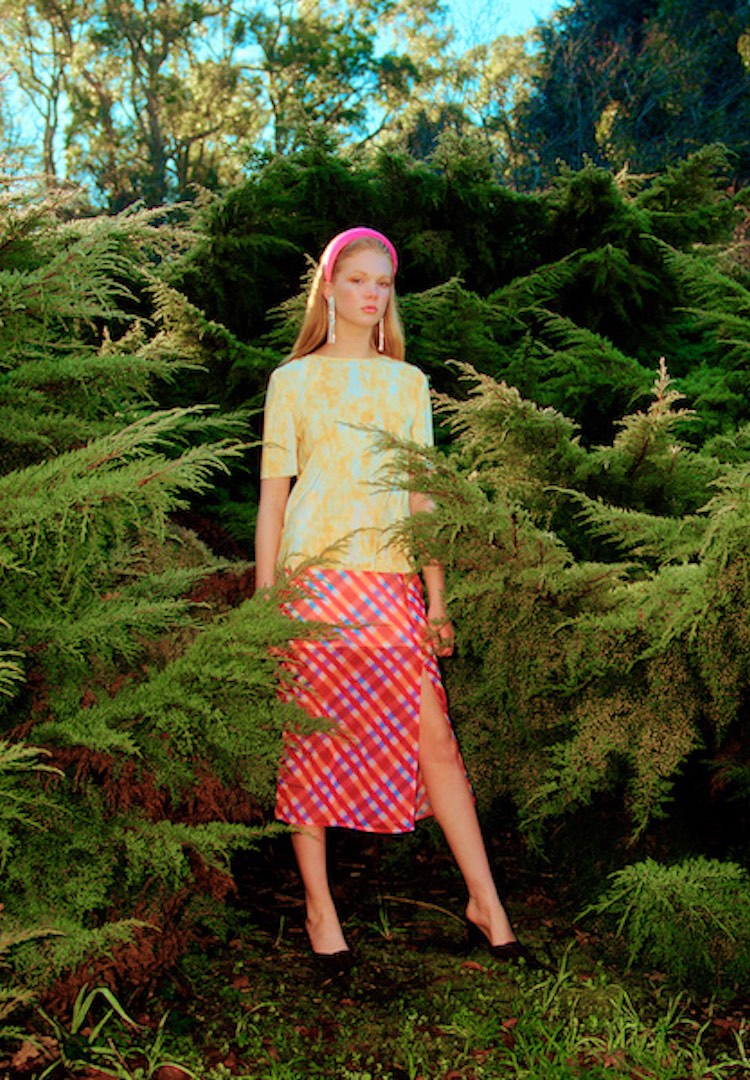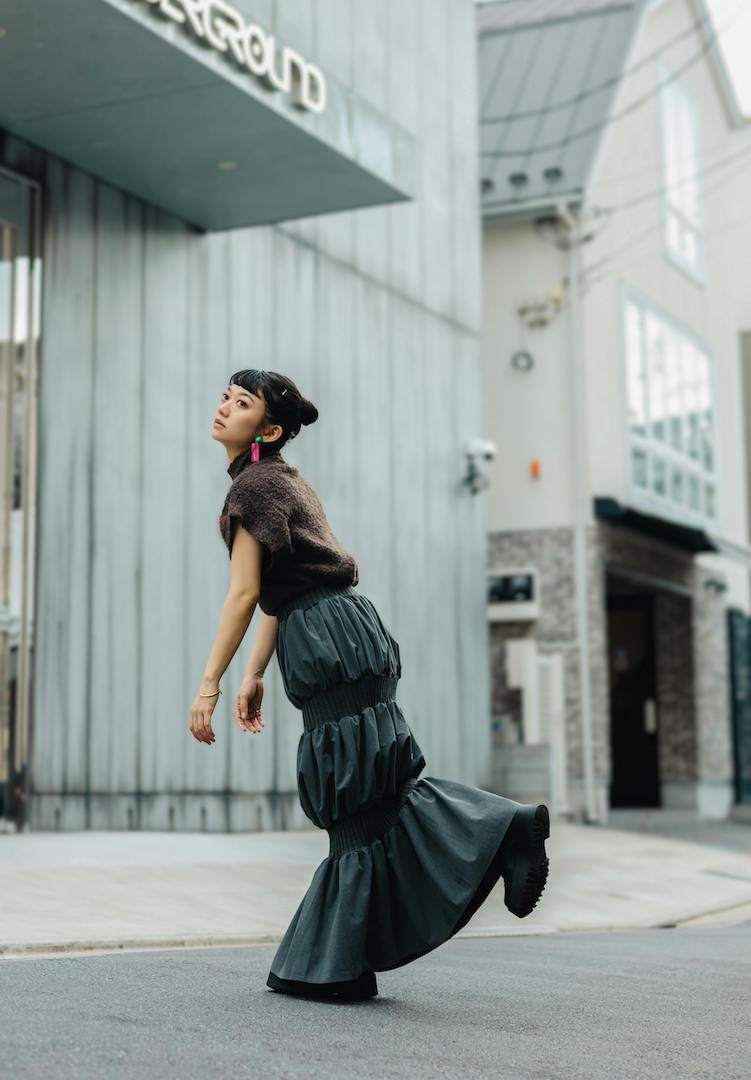Should fashion retailers be taking on the responsibility to fix climate change?
WORDS BY BIANCA O’NEILL
A look at Country Road’s new climate incubator, and whether it’s the answer consumers are looking for.
Last week, long-standing Australian retailer Country Road announced a groundbreaking new climate fund set to inject $1.5 million into finding climate solutions within the Australian fashion industry.
Set up as both an incubator and accelerator program, the Country Road Climate Fund will allocate $500,000 per year over the next three years to provide funding to Australian startups, existing initiatives and innovative products that can help accelerate sustainable fashion solutions.
Discover up-and-coming local designers in our Fashion section.
It’s an Australian first for the local fashion industry; the idea of a retailer directly injecting money into the behind-the-scenes businesses that can help drive its own climate change initiatives, while also eventually delivering results to an increasingly demanding consumer base that seeks leaders who provide climate solutions, not climate problems.
So is this where the fashion industry should be heading? Should fashion retailers be taking on the responsibility to fix climate change – rather than, say, the government? It’s a complicated question that appears to divide policy-makers and pundits worldwide.
On one hand, initiatives such as this shouldn’t be unusual – a company that profits from pollution should indeed be held accountable for its impacts on the environment, and act accordingly. On the other, it seeks to drive the onus back onto the private sector, rather than the politicians we voted into power to fix exactly these issues. Where are the broad, industry-wide policies that ensure all companies must bring their standards up to a climate-friendly code?
Speaking to Fabia Pryor, Country Road’s Brand Sustainability Manager, last week about the fund, it was clear that despite good intentions from the industry at large, what was actually needed to help solve the sustainability problem was simple: money.
“The fashion industry has a key role to play in shaping a better future,” says Pryor. “A future that’s fair, has a safe climate and thriving biodiversity. We believe that partnerships are key to tackling industry-wide challenges such as this and driving deep, long-term change.
“While there are many existing and innovative climate fashion solutions, many of these solutions lack the finance to be developed or deployed across the fashion industry. The aim of the Country Road Climate Fund is to bridge this financing gap by investing in, incubating and accelerating climate solutions, particularly focusing locally, in Australia.”
Country Road may be ahead of the curve in implementing this fund within the local fashion industry, but according to consumers, it’s barely keeping up with expectations. In fact, Republic of Everyone’s latest study on brands and the environment found that 81 per cent of people think the onus is on brands to act on climate issues, and believe businesses have a responsibility to act.
A whopping 78 per cent of those surveyed also confirmed they “consider a brand’s social and environmental actions when making a purchase”, and 56 per cent “consider a brand’s social and environmental actions when choosing their next place to work”.
They’re sobering numbers that are hard to argue with – and confirm that we do, indeed, believe the onus is on brands to solve the environmental problems that they help create. And although you may be concerned that the recent spate of ‘sustainable’ capsule collections proliferating fast fashion retailers may mistakenly put consumers’ minds at ease, it seems we’re not that easily duped.
The report also showed a huge level of scepticism when it comes to believing brands’ claims, with 86 per cent of those surveyed saying they’re distrustful of brands who actually did act on social and environmental issues, with three in four not being able to name a single brand they believed was genuinely improving social or environmental issues in Australia.
It’s a sad indictment on the broader retail industry, with consumers’ growing mistrust running in parallel to the questionable and accelerating rise of sustainability and ethical claims from brands. Greenwashing is rife – not just in the fashion industry, but in all industries that rely on consumers that are becoming increasingly demanding of change. (You can read our guide to spotting greenwashing here.)
“Republic of Everyone’s research shows that, unprompted, global warming is the number one thing Australians call out as their biggest social or environmental concern,” Pryor tells me. “We’re in a climate emergency and we all need to act. The fashion industry is a contributor to the climate crisis and has a key role to play in furthering climate solutions. Partnerships are important to tackling industry-wide challenges such as this, and driving deep, long-term change… The Climate Fund meets a clear industry need.”
So is this the answer consumers are looking for? An incubator that invests money into other companies rather than their shareholders, and helps those innovators thrive in the sustainability and climate change space, in the hope that they’ll deliver it back to Country Road tenfold? In the end, the proof is in the pudding – which is still to be baked, at this point. But it’s a bloody good start.
Bianca O’Neill is Fashion Journal’s Senior Industry Columnist. Follow her at @bianca.oneill.

